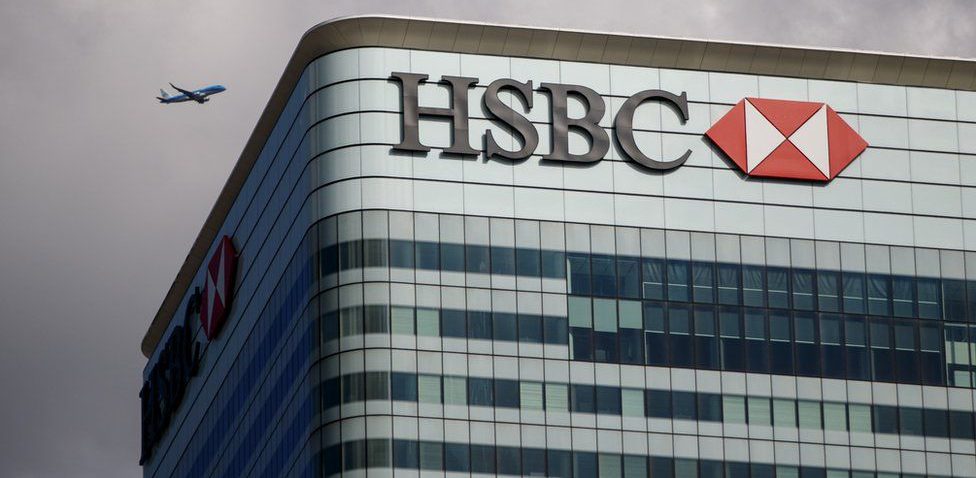by Elfriede Sixt
EFRI, an association based in Vienna, Austria, set up in spring 2020, by now represents more than 1.052 European consumers who were defrauded by cybercriminals as of writing over EUR 59,2 million in the form of investment scams also referred to as boiler room scams. HSBC, one of the world’s largest banks, is known for being a “dirty” bank. It is public knowledge that HSBC for decades has laundered hundreds of millions of dollars for Mexican drug cartels and HSBC took a prominent role in about all scandals which evolved during the past years: Panama Papers, Swiss Leaks, … (a video on the history of HSBC and its involvement in crimes can be watched here). So probably it is not surprising that this “dirty” bank is also heavily involved in Cybercriminal activities. Continue reading…










